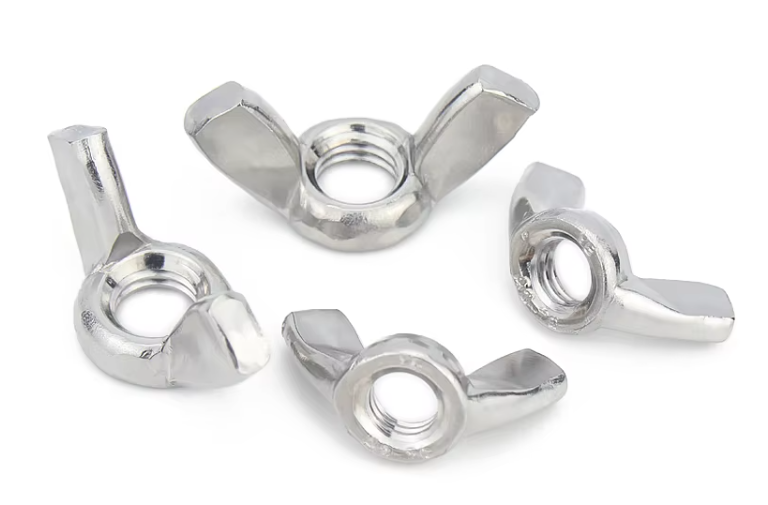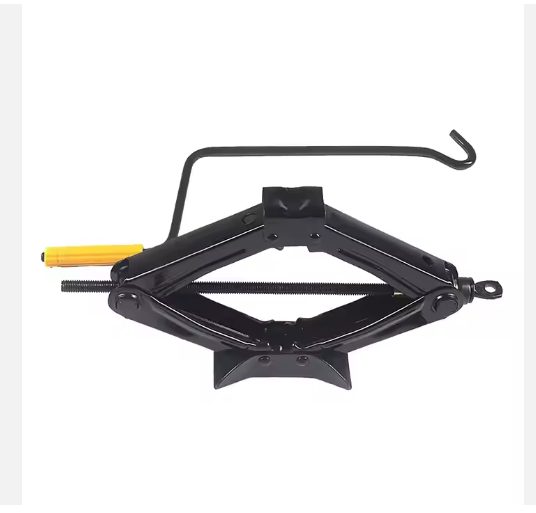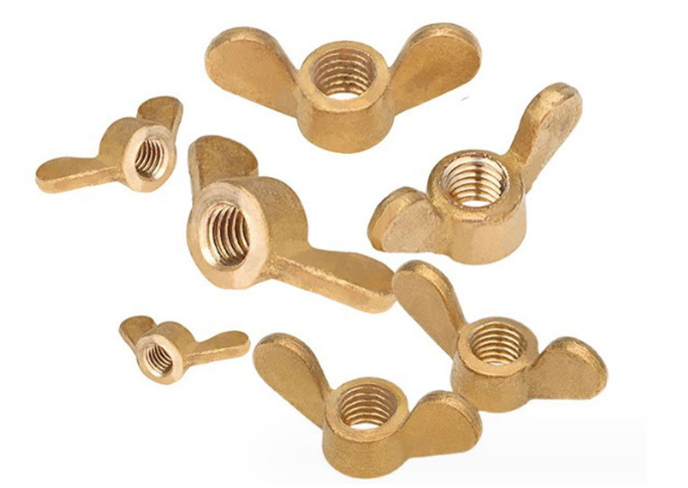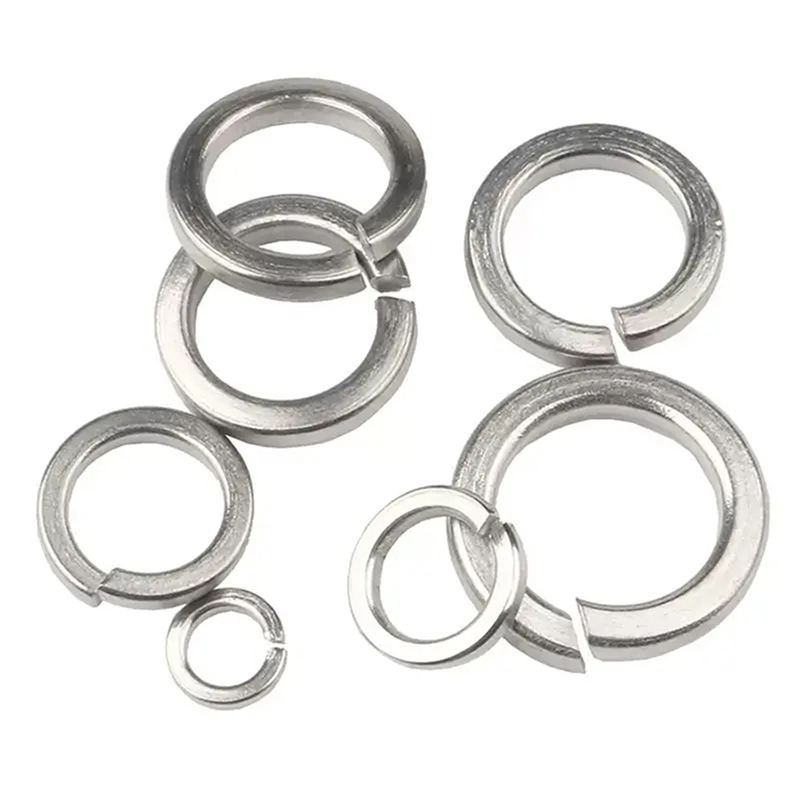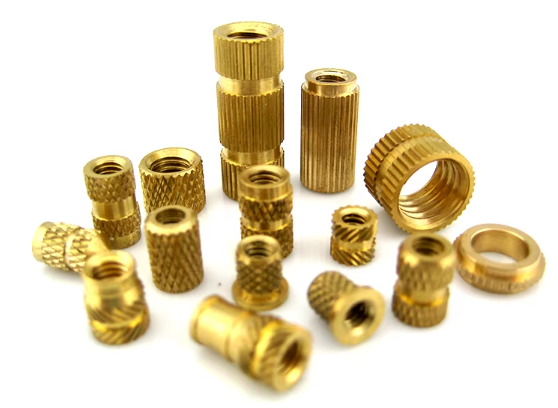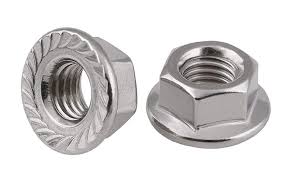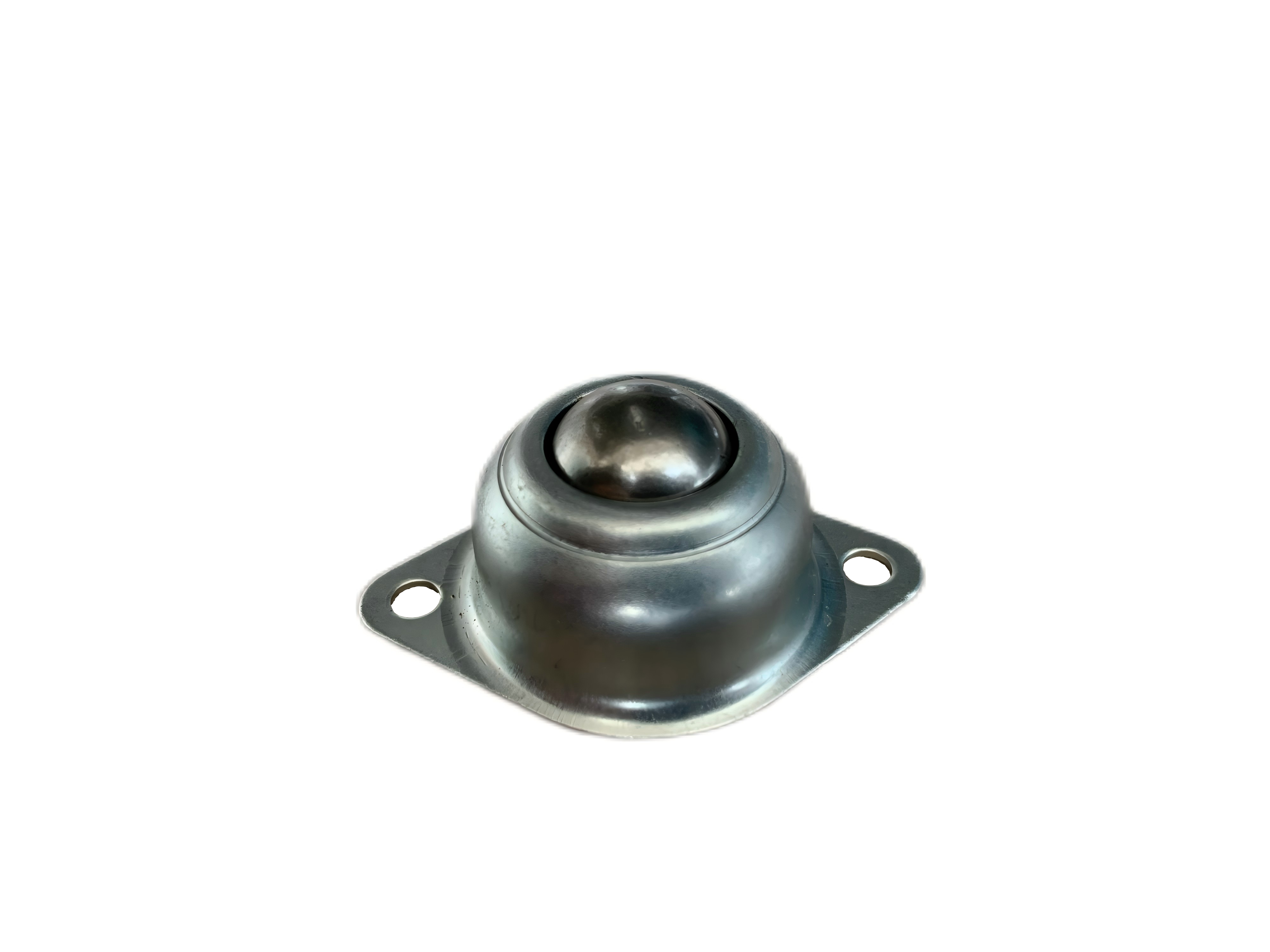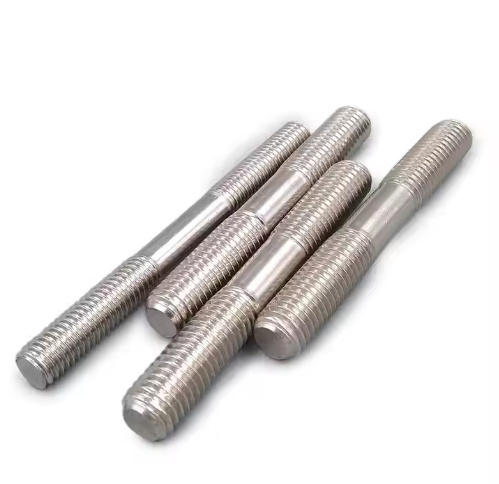

This comprehensive guide helps you navigate the world of stainless steel nut factories, providing insights into choosing the right supplier based on your specific requirements. We'll cover factors like material grades, manufacturing processes, certifications, and more to ensure you make an informed decision. Learn about different types of stainless steel nuts, quality control measures, and how to assess a factory's reliability and capacity.
Stainless steel nuts are available in a wide variety of types, each with its own properties and applications. Common types include hex nuts, cap nuts, flange nuts, wing nuts, and more. The choice depends largely on the specific application and required strength. The material grade of the stainless steel also impacts corrosion resistance and strength. Popular grades include 304, 316, and 410 stainless steel, each offering varying levels of corrosion resistance. Understanding these differences is crucial when selecting a supplier.
| Stainless Steel Grade | Corrosion Resistance | Strength | Typical Applications |
|---|---|---|---|
| 304 | Good | Moderate | General purpose, food processing |
| 316 | Excellent | Moderate | Marine environments, chemical processing |
| 410 | Good | High | High-strength applications |
Before selecting a stainless steel nut factory, carefully assess their capabilities. Consider factors such as their manufacturing capacity, quality control processes, certifications (e.g., ISO 9001), and experience with your specific needs. Request samples to verify the quality of their products and confirm that they meet your required specifications. Check their reputation and read online reviews to gauge their reliability and customer service.
Look for factories that adhere to relevant industry standards and hold necessary certifications. These certifications provide assurance of the factory's commitment to quality and consistency. ISO 9001 certification, for example, demonstrates a commitment to quality management systems. Checking for compliance with specific industry standards relevant to your application will ensure the nuts meet necessary safety and performance criteria.
Evaluate the factory's location and its impact on shipping costs and delivery times. Understanding their logistics capabilities, including packaging, shipping, and customs clearance, is crucial for smooth and efficient procurement. Consider factors such as minimum order quantities (MOQs) and lead times when making your decision. A reliable supplier will have transparent communication and efficient logistical processes.
Numerous reputable stainless steel nut factories exist globally. Thorough research is essential to find the best fit for your needs. Online directories, industry trade shows, and referrals from other businesses can be valuable resources. Remember to carefully evaluate each potential supplier based on the criteria discussed above. For high-quality stainless steel nuts and exceptional service, consider exploring options like Hebei Dewell Metal Products Co., LTD. They are a leading manufacturer with a commitment to quality and customer satisfaction.
Selecting the appropriate stainless steel nut factory is crucial for the success of any project. By carefully considering the factors outlined in this guide – material grades, manufacturing processes, certifications, and logistics – you can confidently choose a supplier that meets your quality, cost, and delivery requirements. Remember to perform due diligence and thoroughly assess potential suppliers before making a final decision.


